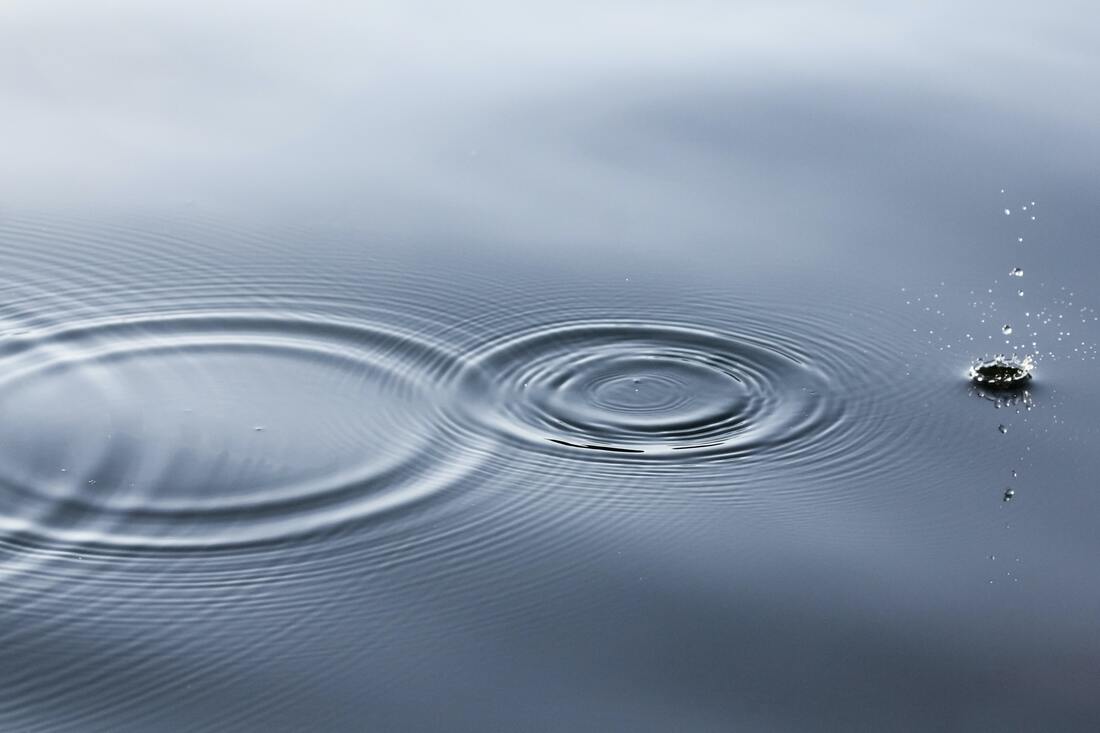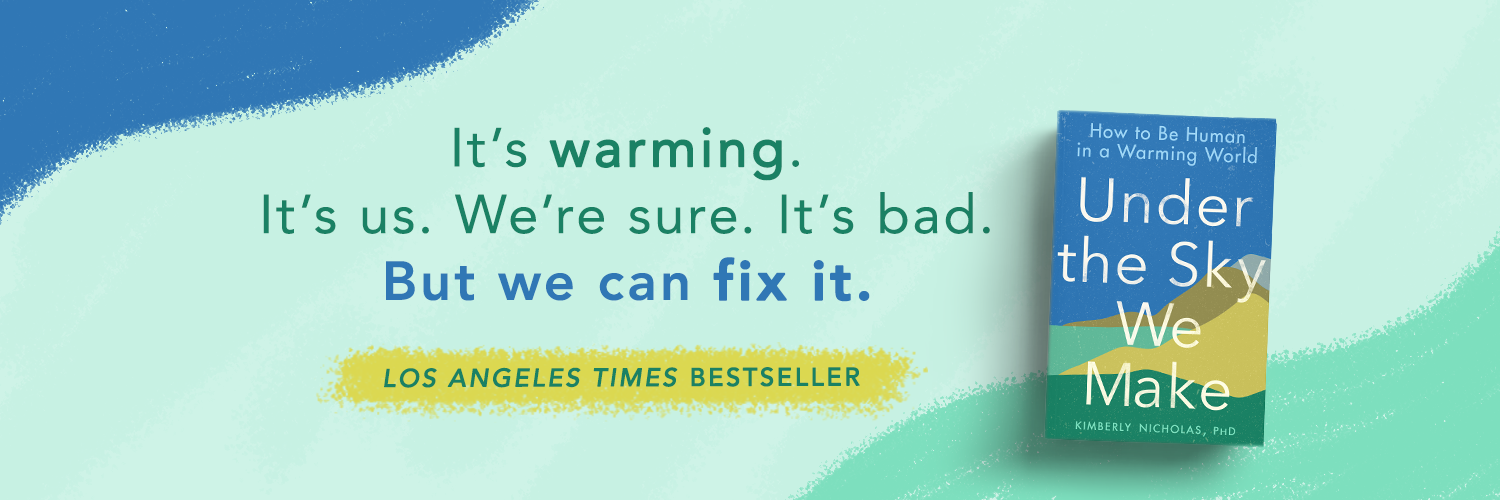|
You finished your thesis! Congrats!! Please make sure you've celebrated and slept well since you finished-- you deserve it.
Then, keep reading! Are you back? Good, because if you want the world to benefit from all your hard work and new discoveries from the last six months of blood, sweat, and tears, you're not done! The people who can benefit from what you found need to hear about it in a way that answers their questions or solves their problems. (Hint: that format is very, very rarely a 12,000 word master's thesis.) At a bare minimum, you should email a copy of your final thesis to everyone who helped you in your research, including research participants, and thank them. Do this now, before you leave for summer. To increase the chances that people can benefit from your work:
Good luck and thank you for asking and answering research questions, the world needs what you found! Comments are closed.
|
Categories
All
Archives
November 2023
|
KIM NICHOLAS

 RSS Feed
RSS Feed

